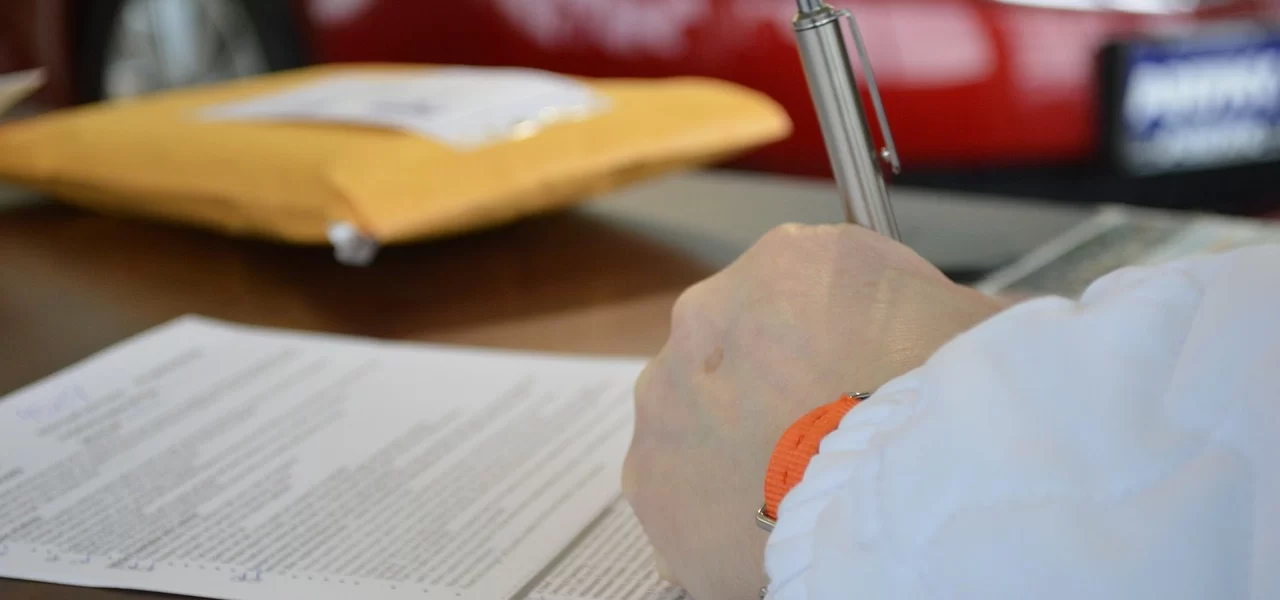

Legal Clause Breakdown For Online Libraries and Music Samples
As a working musician, your art is your livelihood, and understanding the legal landscape of the music industry is crucial to protecting your work and your future. While the thought of pouring over dense legal documents might seem daunting, familiarizing yourself with key phrases in music contracts can be a game-changer as you move forward. Whether you’re signing with a label, collaborating with other artists, or building your own productions using software that requires your compliance with an online contract, knowing how to decipher the language will empower you. In this article, we’re breaking down some of the most important phrases you’ll encounter in music contracts, arming you with the knowledge to navigate the business side of your passion with confidence. There are so many types of music contracts that everything cannot be discussed in one relatively shortened article, so this article will focus on using music production libraries online; a very common issue for both electronic music producers and instrumentalists (lots of “ear candy” and additional sound production still goes into making an album).
To make this easier, we’ll use a hardline example. Let’s focus on one very popular sound production library online for a hot minute; a popular website called Splice. Splice offers more than just loops and sounds; it’s got a rent-to-own plugin system, a community share program and collaboration spaces, and music production tutorials. There are a lot of people who can get their work moving on the platform; and of course, there’s the potential for abuse. Hence, a serious legal agreement. One of the most important parts of that agreement is the usage of the music you are playing with on the site. Let’s study this wording in section 3 of Splice’s current agreement:
3.1 License and Ownership Terms for Splice Sounds
3.1.1 Your Use Of Sounds – Sounds are licensed, not sold to, you for that Sound (A “Certified License”) for purposes of evidencing your download to a third party (e.g. distributors, labels, audiovisual media companies, etc.) or otherwise. You may obtain a Certified License by accessing the “Your Sounds” section of your Library, selecting the Sound(s) you wish to generate a Certified License for, and clicking the “Generate Certified License” option in the menu bar. A Certified License can be obtained for every Sound. The Certified License describes the terms of the license granted to you by Splice in these Terms in connection to use of any Sound in a New Recording or Creative Work. For purposes of clarity, you may only access your Library and get a Certified License with an active subscription.
3.1.1.1. New Recordings. Subject to your compliance with the Agreement, we grant you a non-exclusive, non-transferable right to use Sounds you obtain through Splice Sounds in combination with other sounds in music productions to create new recordings (each a New Recording). This means you may modify, reproduce, publicly perform, redistribute, transmit, communicate to the public, sublicense and otherwise use Sounds as embodied in a New Recording, including for commercial purposes, except as prohibited herinbelow. You (and any applicable third-party contributors or artists engaged by you in connection with the New Recording) will own any original contributions made to the New Recording that are not comprised of Sounds (e.g., added vocals or added instrumentation). For avoidance of doubt, you will not own the Sounds.
3.1.1.2. Creative Works. Further subject, to your compliance with the Agreement, we grant you a non-exclusive, non-transferable, perpetual right to use Sounds you obtain through Splice Sounds for non-commercial and commercial use in creative works other than New Recordings, such as but not limited to, video games, film or television projects (including synchronization uses), radio, live performances, and so-called vlogs, used either in isolation as sound effects, loops, and/or sound mixes (collectively, “Creative Works”). For the avoidance of doubt, non-fungible tokens (NFTs) are not Creative Works.
Points to note:
- First, you’ll notice that the words Sounds, New Recordings and Creative Works are capitalized. This is important. Nouns in legal documents after capitalization are differentiated from those same words in casual language. If at this point you see the word “sounds” in the consent form, it refers to any sound in the world. But if you see “Sounds”(capitalized), it only refers to a legal entity owned by Splice.
- These separate parts of section 3 have to be understood collectively, and you can see they are written in order of how they are utilized. Part one states you’re allowed to use the Sounds while you’re on the website, but in order to keep those Sounds and eventually incorporate them in a recording you intend to use off site, you must purchase an additional Certified License for each Sound used. Part two states you’re allowed to then use that licensed Sound in your recorded song, but you do not own that Sound (even if it’s modified). You do, however, own the rest of the song. Part three states you do have a right to use the Sound you do not own in other things besides your recorded song, like live performances, film editing, vlogs, etc., but you are not allowed to use those purchased Sounds in the creation of NFTs.
This is important not only for those using Splice Sounds in their finished productions, but also for those who sell Sound samples to other users on the website. Pay attention to wording (non-exclusive means more than one user can use your Sound, and non-transferable means the buyer cannot turn around and sell (or even give) that sound to someone else for use in another song). Now let’s talk about the artist/producer of the song; why would using a Sound others might be using as well cause problems? It’s called automatic Content ID systems.
YouTube uses Content ID to figure out if someone’s uploading a copyrighted song. If two different artists used the same melody from Splice, the Content ID program will pick it up—only one of these people will be allowed to upload that song depending on who the program believes “did it first”. (A human is not doing this, so try not to get impulsively angry yet.) While it’s common to think you can just pay a subscription to Splice for use of Sounds in your music, modify all of it through some plugins, and then release it through distribution/take all credit, it’s not that simple.
Aside from this example of one online consent form from Splice, what are the other types of clauses you need to watch for in other legal agreements?
We went over exclusivity, ownership and usage—but that’s just the tip of the iceberg.
Licensing Terms: Look for the word perpetual. You want to make sure your use of a sample or sound from a website like Splice or BandLab continues forever.
Liability and Indemnification: Understand your legal responsibilities if issues arise from using the samples. Sometimes you’ll see a company using the word Arbitration. Pay attention, because arbitration is not the same thing as litigation. It’s an out of court mediation that is overseen by a third party; usually a retired judge. Most of the time, there will be wording in the consent that says you’re waiving your right to a jury. In some cases, you can opt out of waiving that right, even if signing the consent. It’s tricky, though. You must read carefully to see if there’s an opt out choice. If there is, that choice is normally followed by a brick and mortar address you must write a letter to in order to officially opt out. While you may not plan on taking anyone to court, life is always going to throw a punch now and then. You might want to pay attention to this part of the contract.
Termination Clauses: Be aware of conditions under which your right to use samples might be revoked.
Content Upload Terms: If you’re uploading your own content as a sound designer or a sample label, know how it can be used by others on the platform.
Royalty Splits: For collaborative platforms, understand how royalties are divided if your uploaded content is used.
Updates to Terms: Companies change their terms and policies often without sending you any kind of notification about it. It’s your responsibility to take a moment once in a while and look at those terms again. Stay informed about how changes might affect your rights and your music.
Music Production Libraries and sites like BandLab and Output Arcade have changed the landscape for music producers and artists; particularly in the electronic, hip hop and pop world. They’ve got user-friendly interfaces and access to top quality production tools and plugins for people who previously couldn’t afford the best. It is more important than ever to understand what you’re getting into as this democratized approach to music production evolves. It looks easy on the outside, but there is trouble waiting for those too passive and indifferent to pay attention to the legal details.





